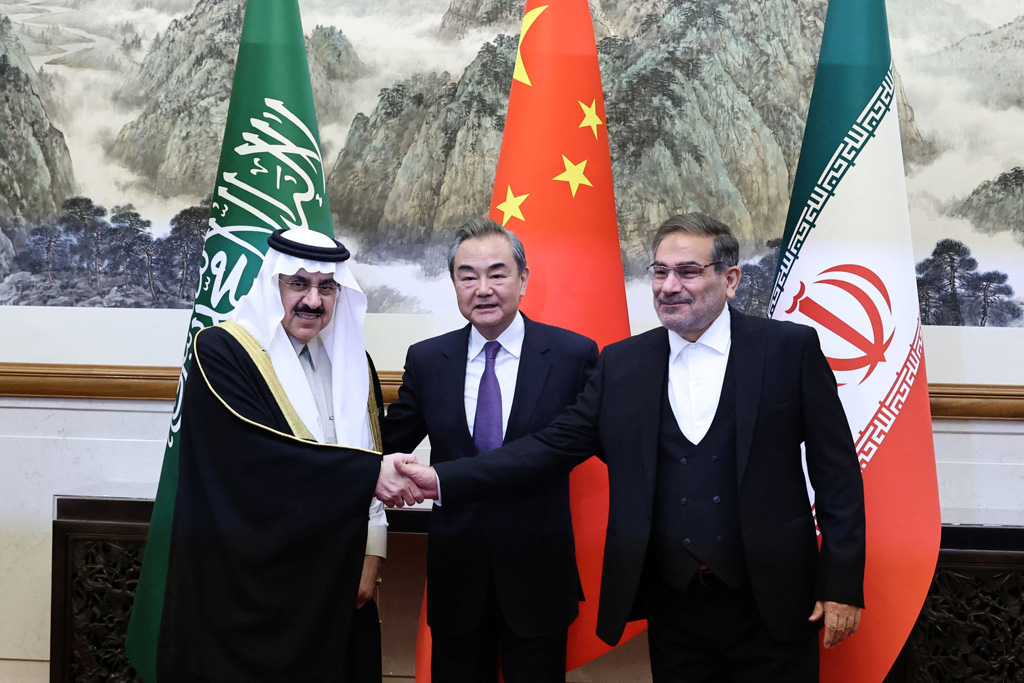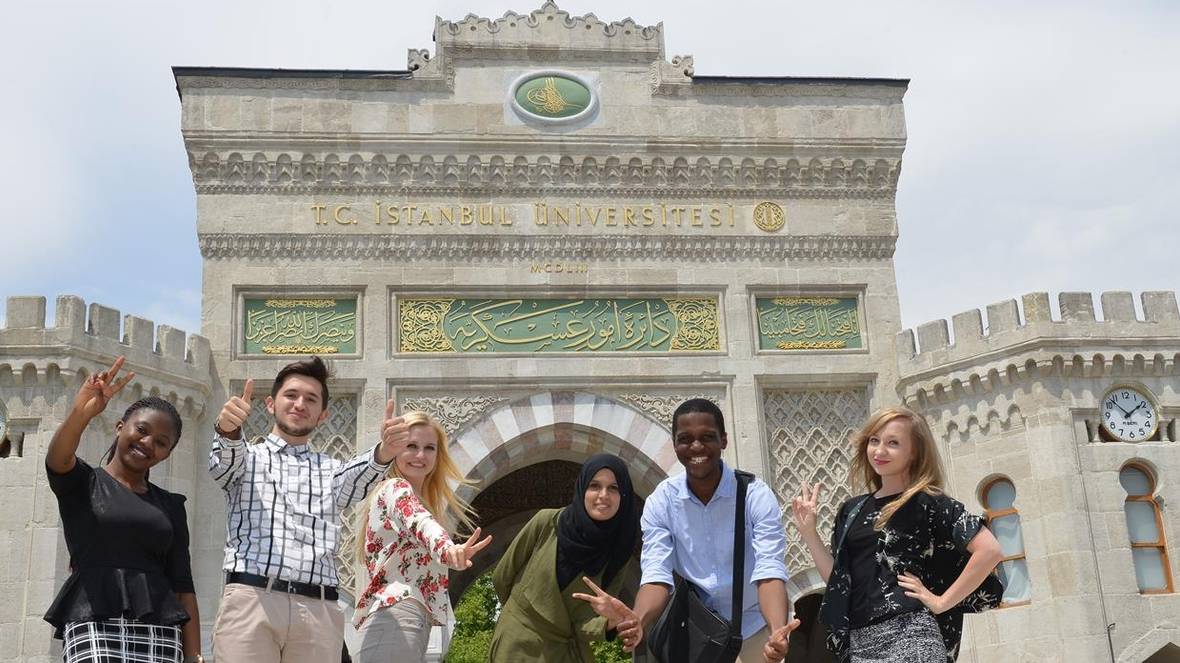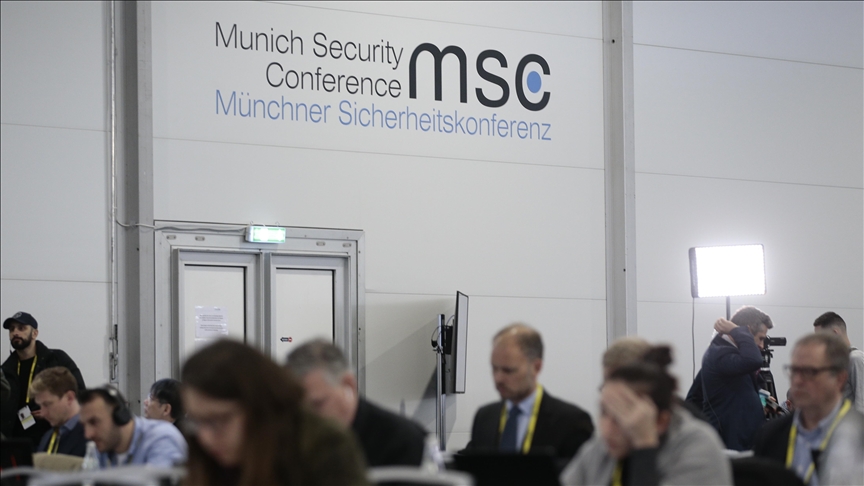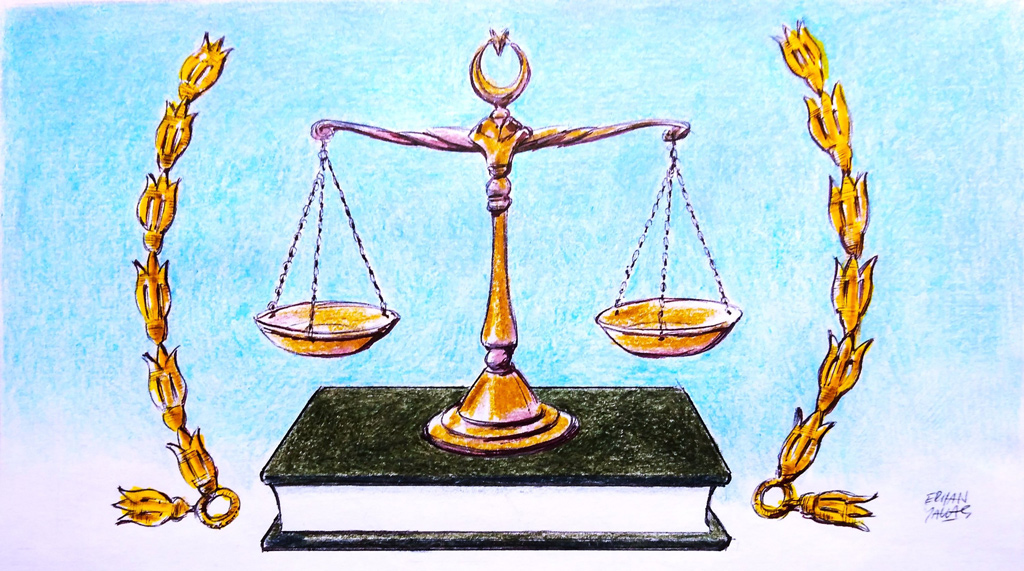
Iran-Saudi truce: China's growing influence in the Middle East
Last Friday, Iran and Saudi Arabia announced that they have agreed to resume diplomatic relations and end hostilities. The Chinese government has brokered the deal between the two estranged neighbors and regional enemies. With the initiative of Chinese President Xi Jinping, the two countries have decided to exchange ambassadors and reopen embassies. According to the news agencies, the surprise development was announced in Beijing after several days (from March 6 to March 10) of intense deliberations between the two countries' top officials.
Share
Last Friday, Iran and Saudi Arabia announced that they have agreed to resume diplomatic relations and end hostilities. The Chinese government has brokered the deal between the two estranged neighbors and regional enemies. With the initiative of Chinese President Xi Jinping, the two countries have decided to exchange ambassadors and reopen embassies. According to the news agencies, the surprise development was announced in Beijing after several days (from March 6 to March 10) of intense deliberations between the two countries' top officials.
While Iran was represented by Secretary of the Supreme National Security Council Adm. Ali Shamkhani, Saudi Arabia was represented by Minister of State and National Security Adviser Musa’id bin Muhammad Al Aiban. According to the statement made by the Chinese government, Wang Yi, a top Chinese diplomat and member of the Political Bureau of the Chinese Communist Party Central Committee and director of the Office of the Central Commission for Foreign Affairs, facilitated the talks between the two countries.
According to the deal reached in Beijing, the two countries have agreed to resolve the disagreements between them through dialogue, to respect the sovereignty of the other, and not to interfere in the domestic affairs of other states. They have also agreed to cooperate in specific fields in their bilateral relations. In addition, together with China, they have expressed their commitment to promoting regional and international peace and security.
Before the Chinese involvement, some regional countries such as Iraq, Oman and Qatar tried to mediate between the two countries. Although they have taken specific steps for the last two years, their attempts have failed to solve the tension. Therefore, the successful Chinese mediation between the two Middle Eastern countries is a watershed development with regional and essential global implications. For this reason, it is considered a breakthrough development that must be analyzed thoroughly.
The growing relations between China and the two Middle Eastern countries have paved the path for the instrumental role that China has played. Beijing has increased its influence in both Riyadh and Tehran. In an official statement, the Chinese Ministry of Foreign Affairs pointed out that China will continue to play a positive and constructive role in establishing close communication and dialogue between the two countries.
Tags »
Related Articles
Policy Report
European Sky Shield Initiative | Capacities, Criticisms, and Türkiye’s Contribution
February 2025








